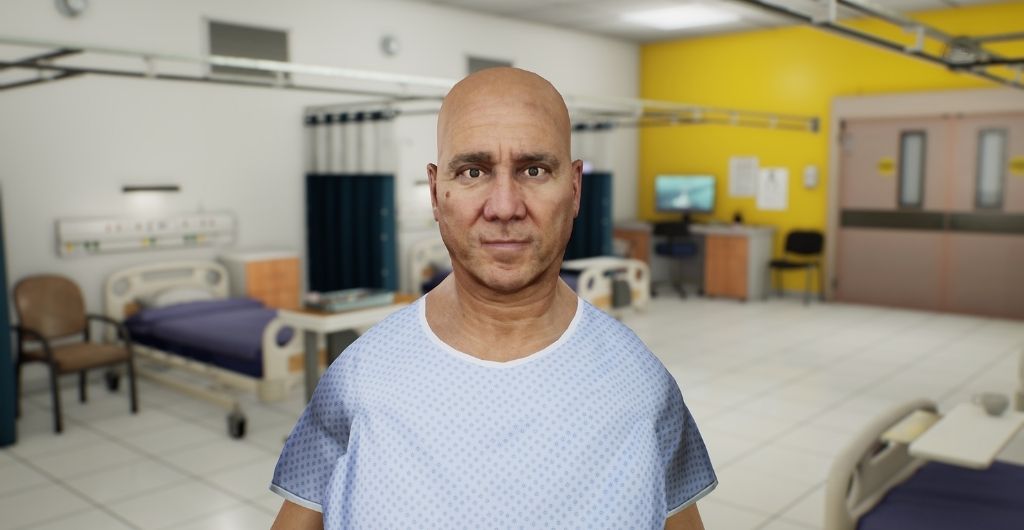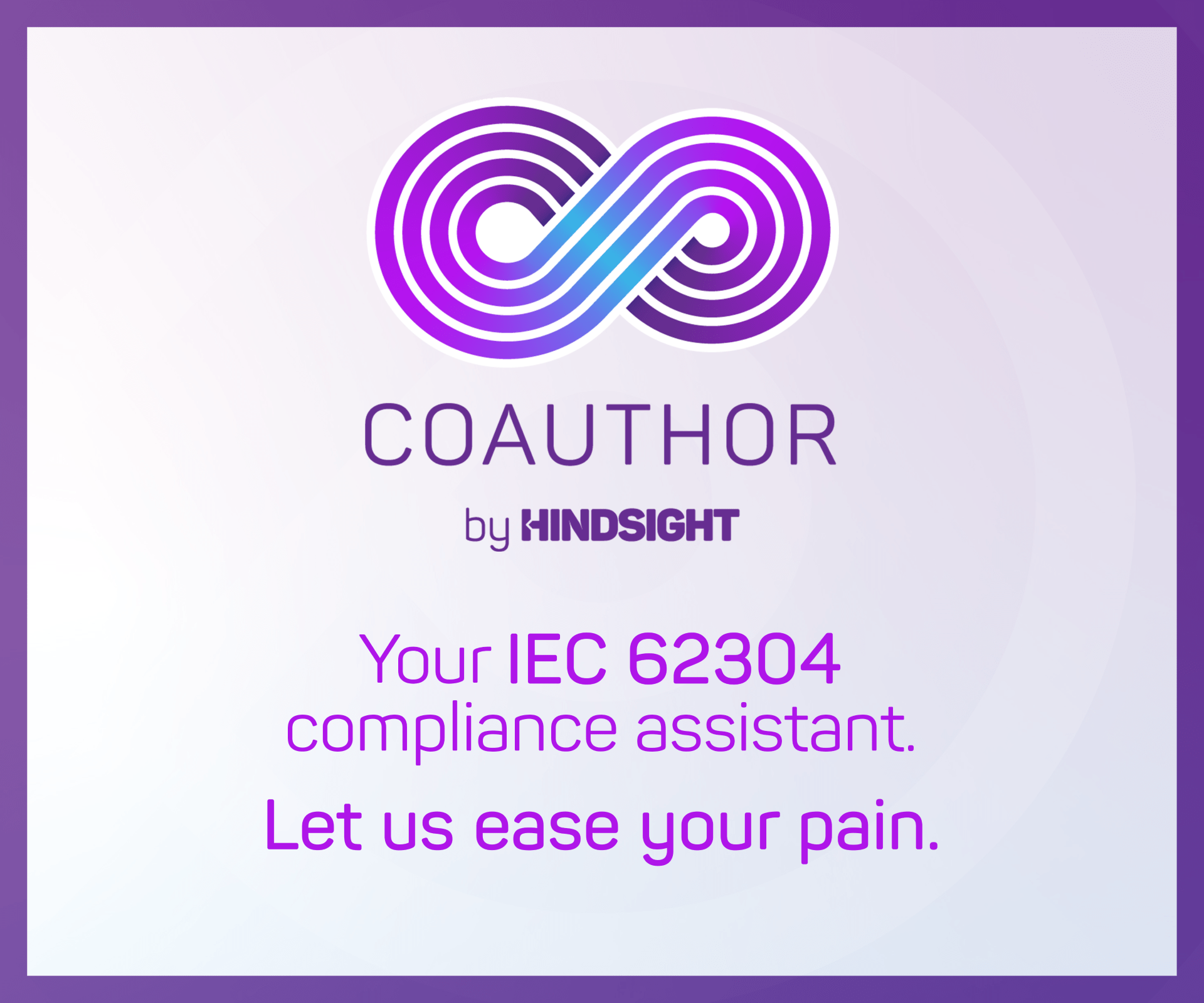
Pioneering new AI technology has been launched to allow healthcare clinicians and medical students to hone their skills remotely, minimising the need for in-person training during the pandemic. With much traditional teaching and learning currently stymied by social distancing or access issues, the technology is being deployed in the NHS and the US to enable quality training to continue.
The “virtual patient” technology has been designed by Virti; a leading developer of mixed-reality training tools founded by a former NHS surgeon whose technology has been named one of TIME’s best inventions of 2020.
The tech allows medics and trainees to interact with AI-powered ‘patients’ – either through their tablet, desktop or VR or AR headset – and role-play life-like, interactive scenarios.
The programme is designed to develop soft skills, something traditionally achieved with the help of actors playing the role of patients. These sessions are crucial in training clinicians in how to explain diagnoses and treatment plans, build trust, and handle challenging situations. But with much in-person training on hold for the foreseeable future, universities and hospitals – including medics and surgeons at the Bristol NHS Foundation Trust – are deploying this technology to allow training to continue safely.
Virti technology was also used at the peak of the pandemic to train NHS staff in key skills required on the front line, such as how to safely use PPE, how to navigate an unfamiliar intensive care ward, how to engage with patients and their families, and how to use a ventilator. The technology was pivotal in helping Trusts deliver typically labour-intensive training quickly and at scale.
The tech is also being used State-side. The Health Education Center at the University of Texas Medical Branch is using the ‘virtual patient’ technology to facilitate independent student practice to develop communication and clinical reasoning skills through repetitive practice which can be accessed from anywhere, on demand.
Healthcare professionals can practice breaking bad news, comforting a patient in distress, and communicating effectively whilst their faces are obscured by PPE. The programme uses speech recognition, Natural Language Processing (NLP) and ‘narrative branching’ to simulate realistic responses from the patient. The virtual patient’s
speech, body language and mannerisms create a like-life simulation, with the AI delivering real-time feedback to the user so they can learn and improve.
It’s believed that upwards of 70% of complaints against health professionals and care providers can be attributed to poor communication.
Dr Alex Young, the former NHS surgeon who created the Virti technology, comments: “We’ve been working with healthcare organisations for several years, but the pandemic has created really specific challenges that technology is helping to solve. It’s no longer safe or practicable to have 30 medics in a room with an actor, honing their clinical soft-skills. With our virtual patient technology, we’ve created an extremely realistic and repeatable experience that can provide feedback in real time. This means clinicians and students can continue to learn valuable skills.
“Right now, communication with patients can be very difficult. There’s a lot of PPE involved and patients are often on their own. Having healthcare staff who are skilled in handling these situations can therefore make a huge difference to that patient’s experience.”
Tom Woollard, West Suffolk Hospital Clinical Skills and Simulation Tutor, who used the Virti platform at the peak of the COVID pandemic, comments:
“We’ve been using Virti’s technology in our intensive care unit to help train staff who have been drafted in to deal with COVID-19 demand. The videos which we have created and uploaded are being accessed on the Virti platform by nursing staff, physiotherapists and Operational Department Practitioners (ODPs) to orient them in the new environment and reduce their anxiety. The tech has helped us to reach a large audience and deliver formerly labour-intensive training and teaching which is now impossible with social distancing. In the future, West Suffolk will consider applying Virti tech to other areas of hospital practice.”













